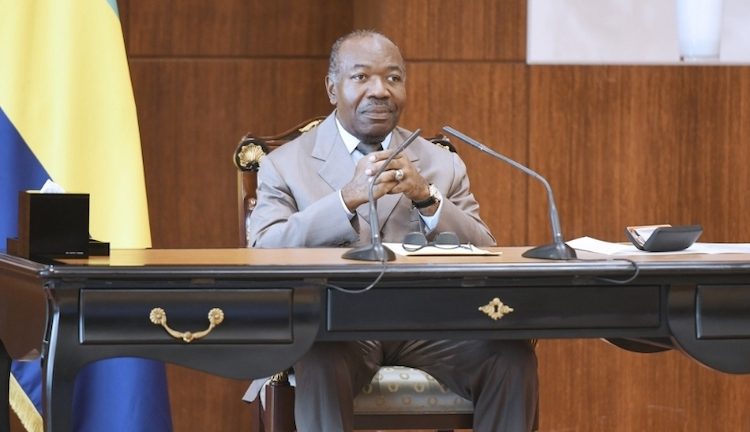By Lisa Vives, Global Information Network
NEW YORK. 28 August 2023 (IDN) — As voters went to the polls in Libreville, the capital of the oil-rich nation of Gabon, polling stations were already opening late. Scheduled to begin in the morning of August 26, many sites had failed to open as of 2 p.m.
Incumbent President Ali Bongo, 64, who succeeded his father Omar in 2009, is seeking a third term against 18 challengers, six of whom backed a joint nominee in an effort to narrow the race. If successful, Ali Bongo could extend his family’s 55-year dynasty in power.
There is no fixed deadline for the announcement of results. Still, opposition candidate Albert Ondo Ossa, a 69-year-old economics professor, and his alliance on Saturday were already questioning the outcome’s legitimacy.
A last-minute change that scrapped the need for a run-off if the first round failed to produce a winner with more than 50 percent of the vote has angered the opposition.
Citing the threat of online disinformation, the Gabonese government cut the internet until further notice. It imposed a nighttime curfew from Sunday “in order to prevent any misbehavior and to preserve the security of the entire population”, according to a statement read on national TV on Saturday evening.
The Netblocks internet observatory confirmed that a nationwide internet shutdown was in effect across Gabon—a move “likely to severely limit the public’s ability to communicate during the election period”.
Edvin Ballack Obame, a former student leader, said he reached the polling station at 6 a.m. but could not vote until 12 noon.
Ossa said that if elected, he would dissolve the National Assembly, redraw the electoral map and organize a new legislative election, to form a government committed to addressing economic inequality.
“Sixty years in power is too much. I’m not afraid of (President Bongo),” Ossa said after casting his ballot on Saturday afternoon.
Gabon’s 2.3 million people are, in per capita terms, among the richest in Africa, thanks to income from oil, manganese and timber.
But virtually all of the country’s finished goods and food are imported, and a third of the population lives below the poverty line, according to the World Bank.
According to the U.S. State Dept. report on Human Rights Practices for 2022, the Gabonese government took some steps to prosecute officials and punish those convicted of human rights abuses or engaged in corruption; however, impunity remained a problem.
Significant efforts were attempted to reduce cases of security forces harassing or extorting refugees and noncitizen Africans and to address violence against women, however, societal barriers continued to hinder women from reporting cases to authorities.
The Bongo family and associates have acquired enormous wealth after decades in power, which has led to judicial investigations in France. An investigation by the International Consortium of Investigative Journalists revealed that the Bongo family used substantial resources to sustain patronage networks and fund vote-buying during elections.
Nearly 40% of Gabon’s youth, aged 15-24, were out of work in 2020, according to the World Bank, a marked increase since Bongo took office. [IDN-InDepthNews]
Photo: Gabonese President Ali Bongo. © Ali Bongo Ondimba/Twitter
IDN is the flagship agency of the International Press Syndicate.
We believe in the free flow of information. Republish our articles for free, online or in print, under Creative Commons Attribution 4.0 International, except for republished articles with permission.


